Meet our graduate students
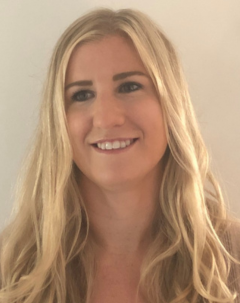
Aleah Ross
Clinical Psychology
- Area(s) of expertise:
- Clinical psychology
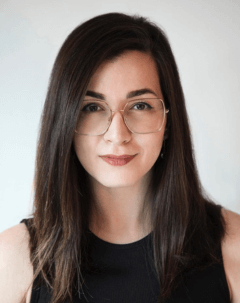
Nazanin Babaei
Clinical Psychology
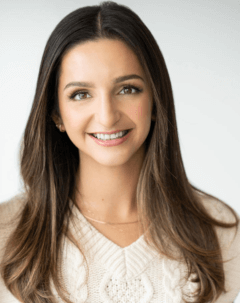
Buse Bedir
Clinical Psychology
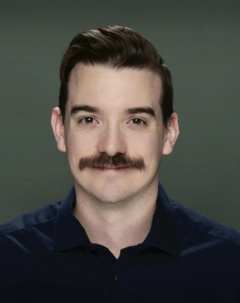
Brayden Boyd
Clinical Psychology
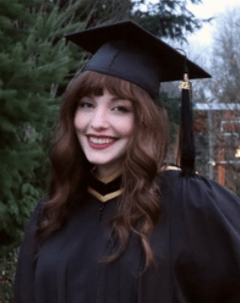
Lorna Breen
Clinical Psychology
Noah Cain
Lifespan Health and Development
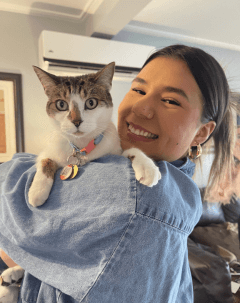
Hayley Casey
Clinical Psychology
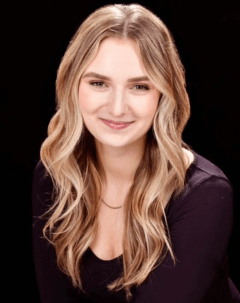
Tessa Chomistek
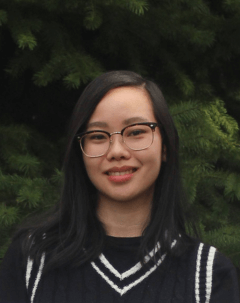
Alison Chung
Clinical Psychology
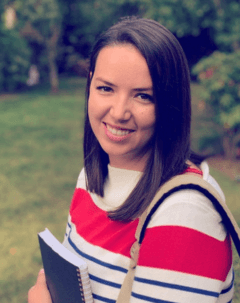
Violet Cieslik
My previous work at St. Mary’s University largely focused on the relationship between screen time and child development. Specifically, I looked at preschool aged populations and the associations between screen time and behavioural, emotional, and social strengths and difficulties.
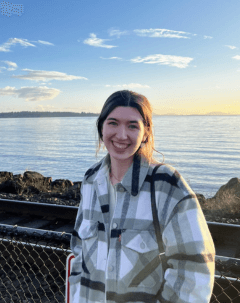
Samantha Coleborn
Lifespan Health and Development
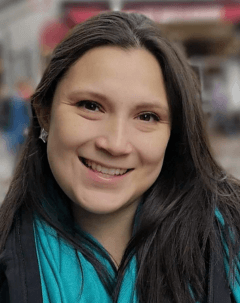
Alejandra Contreras de Solorzano
Lifespan Health and Development
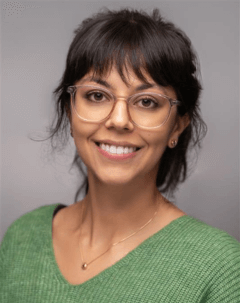
Tara Cooper
Lifespan Health and Development
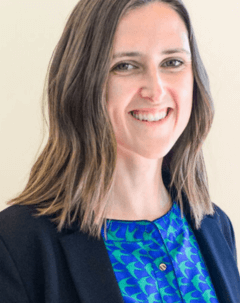
Cian Dabrowski
Clinical Psychology
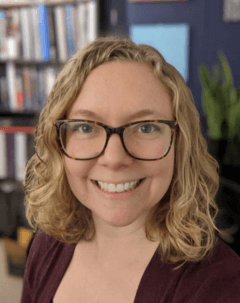
Elysia Desgrosseilliers
Social Psychology
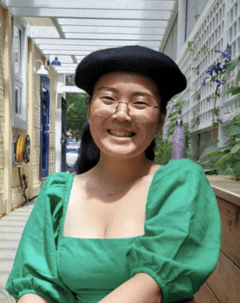
Elisa Do
Social Psychology
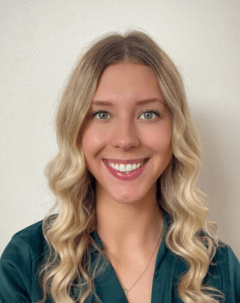
Madeline Doucette
Clinical Psychology
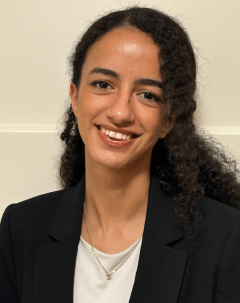
Heba Elgharbawy
Clinical Psychology
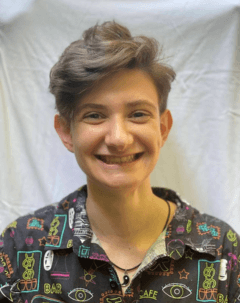
Sabrina Francescangeli
Social Psychology
Sabrina's project "Community-Engaged Care for Rare, Threatened and Endangered Species in an Urban Nature Park" aimed to better understand how to get local community members more engaged in pro-environmental behaviours at urban nature parks like Swan Lake. Her review took into consideration conservation practices that other organizations have implemented in the past, with a specific focus on including equity-deserving groups.
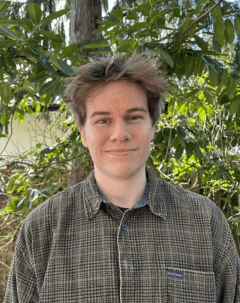
Otis Geddes
Lifespan Health and Development
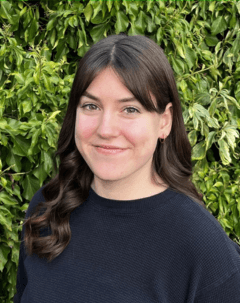
Zoë Gilson
Clinical Psychology
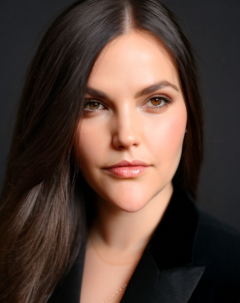
Sybil Goulet-Stock
Lifespan Health and Development
Sybil Goulet-Stock is a Vanier Canada Graduate Scholar and PhD candidate in Psychology at the University of Victoria, supervised by Dr. Tim Stockwell, and affiliated with the Canadian Institute for Substance Use Research (CISUR). Her research focuses on alcohol harm reduction, with projects addressing both individual-level interventions and population-level policy strategies.
One of her current projects examines the substitution of alcohol for cannabis within Managed Alcohol Programs – a novel harm reduction approach unique to the Canadian context. Using a mixed-methods design, she is investigating the impacts of cannabis substitution on alcohol use, health, harms, and social outcomes, combining multilevel modeling with qualitative interviews grounded in lived experience.
Her second line of research focuses on alcohol labelling policy, including the evaluation of novel cancer warning labels on alcoholic beverages and a cross-national comparison of regulatory frameworks for alcohol, cannabis, and tobacco in WHO-member countries. This work contributes to evidence-based policy recommendations currently under national and international consideration.
Sybil has conducted research in a range of settings, including university-based studies, in-patient clinical environments, animal-based research contexts, and community-based research with structurally marginalized populations. She has advanced training in both qualitative and quantitative methodologies, including semi-structured interviewing, thematic and theory-driven analysis, structural equation modeling (SEM), and multilevel modeling (MLM). Her research is grounded in community partnerships and guided by a commitment to ethical, participant-centered practices.

Sunny Guo
Clinical Psychology
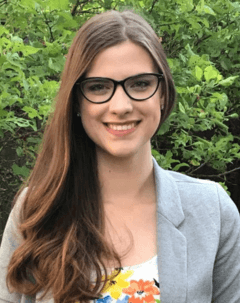
Carolyn Helps
Clinical Psychology

Sepase Kingsley Ivande
Social Psychology
Sepase Kingsley Ivande is a Ph.D. student in the Department of Psychology at the University of Victoria. His research interests lie at the intersection of Personality-Social, Economic, Cross-Cultural, and Positive Psychology. He employs a data-centric approach, leveraging advanced data analytics and data science techniques to explore topics such as acculturation, motivation, and intergroup relations, with a particular focus on migrant and minority populations. A central focus of his research is the well-being of migrants and minority communities as they navigate the complexities of acculturation and adaptation to new cultural and environmental contexts. His work investigates strategies that not only support coping with the challenges of acculturation but also promote thriving in new environments.
Drawing inspiration from Positive Psychology, he examines how positive mindsets—such as growth mindset, stress-can-be-enhancing mindset, and upward social mobility mindset—directly and indirectly shape intergroup and interpersonal processes.
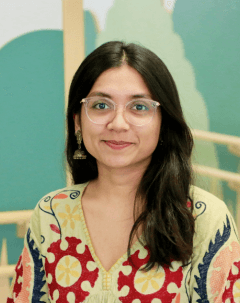
Barbie Jain
Clinical Psychology
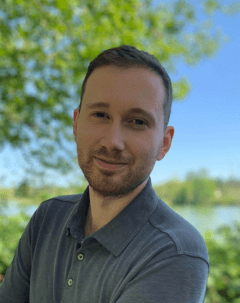
Brandon Justus
Social Psychology
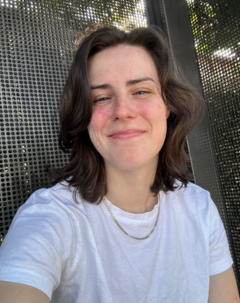
Haley Keenan
Clinical Psychology
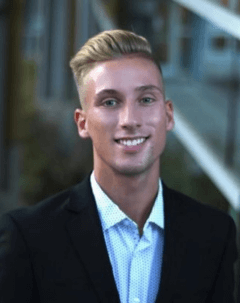
Cole Kennedy
Clinical Psychology
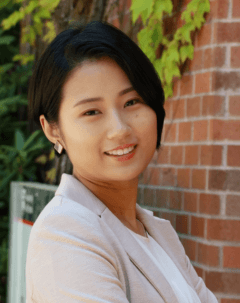
Yaewon Kim
Clinical Psychology
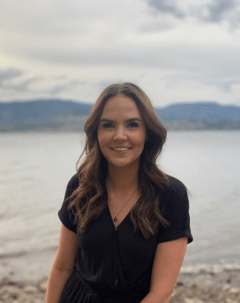
McKenna Knox
Clinical Psychology
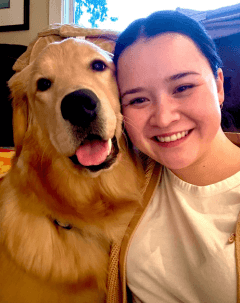
Heather Kwan
Clinical Psychology
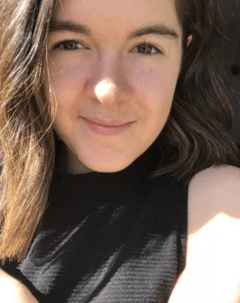
Colleen Lacey
Clinical Psychology
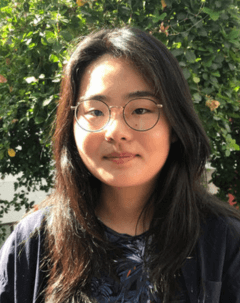
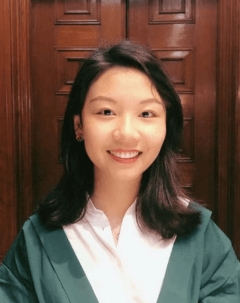
Jie Li
Clinical Psychology
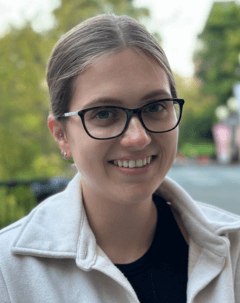
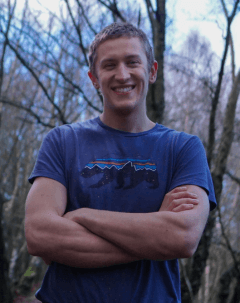
Sam Lloyd
Individualized Program
He completed his undergraduate and master's degree at the University of Cambridge, where he also worked as a research assistant in the Cambridge University Political Psychology lab for several years. His research there focussed on motivating pro-environmental behaviour, studying UK political beliefs, and designing climate change message framing strategies which formed part of the UK government’s contribution to COP26.
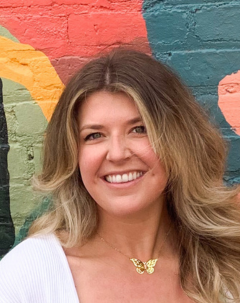
Emilie Longtin
Clinical Psychology
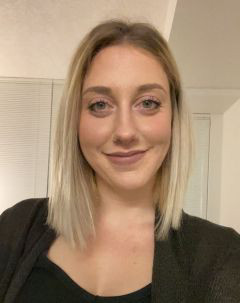
Erin Lowey
Social Psychology
I have always been fascinated with how people choose romantic partners, as well as the underlying mechanisms of attraction, such as why people are drawn to certain others romantically while others remain as friendships. During my master's, I explored how friendships transition to romance and compared their relationship initiation trajectories with couples who became romantic almost immediately. During my PhD, I became fascinated with self-expansion theory and the role it might play in relationship initiation. I am excited to investigate how emotional intimacy, passion, and self-expansion interact to facilitate relationship initiation, specifically in friendships transitioning to romance.
Madeleine MacDonald
Social Psychology
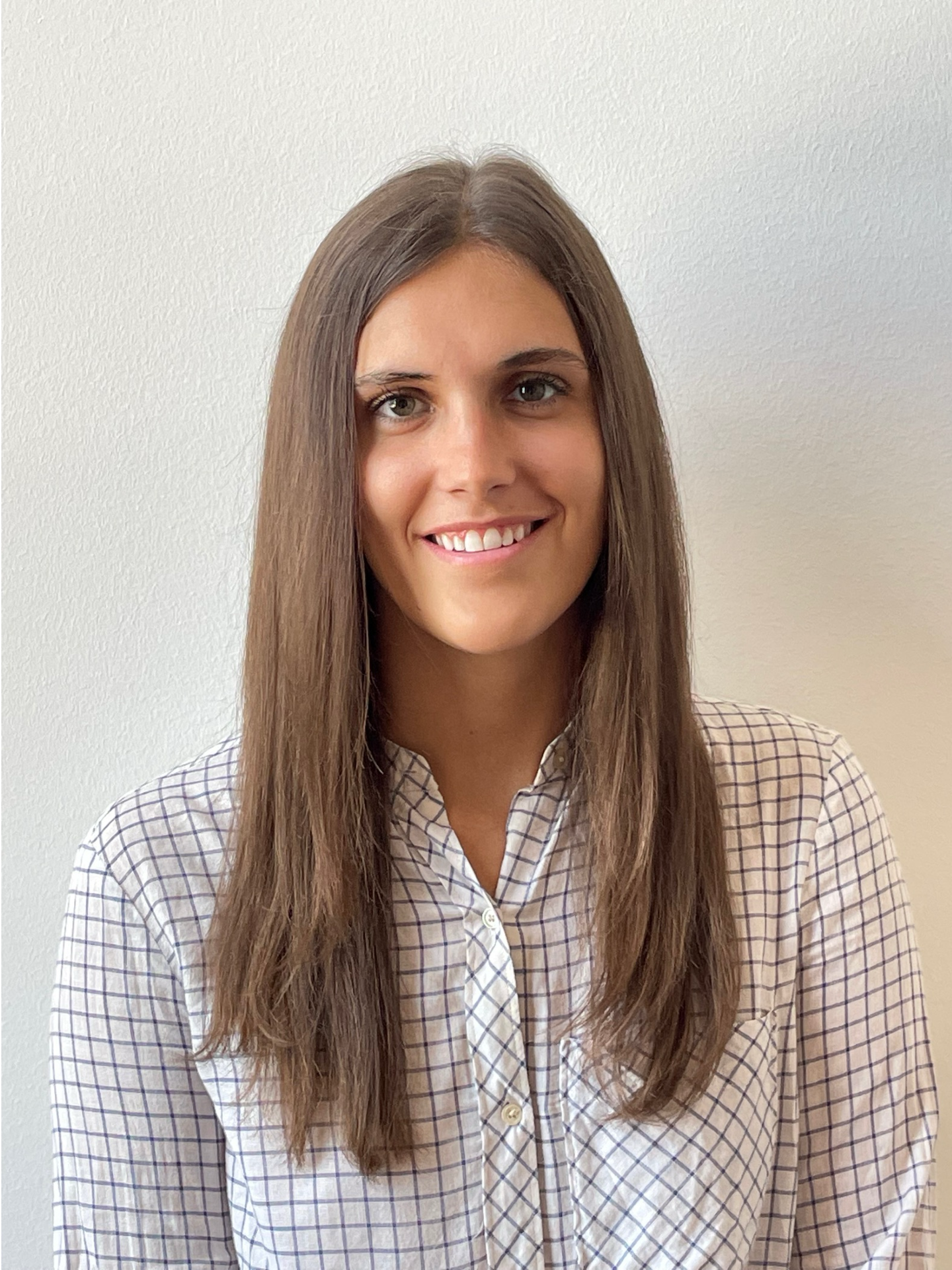
Geneva Mason
Clinical Psychology
I am a master’s student in the lifespan stream of the Clinical Psychology program. I previously completed my undergraduate degree at Queen’s University and conducted research on self-injurious thoughts and behaviours (SITBs) at Butler Hospital, an affiliate of Brown University. My research interests include the temporal dynamics of SITBs as they unfold in daily life, including modeling the complexity of these processes (i.e., moving away from one-to-two assessments of a small number of risk factors combined in a simple manner). More specifically, I am interested in the intersection between the momentary and developmental dynamics of SITBs, such as how patterns of affect surrounding self-injury change based on the stage of engagement.
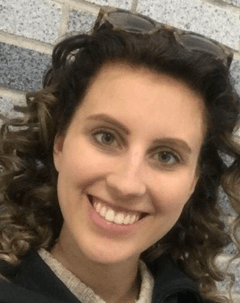
Lauren Matheson
Clinical Psychology
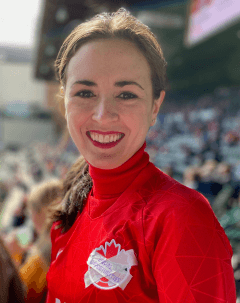
Breanna McCreary
Individualized Program
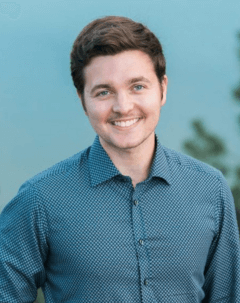
Sean Morgan
Clinical Psychology
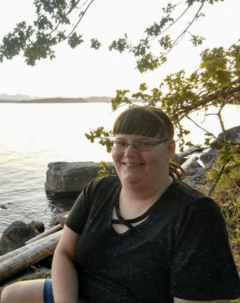
Kelby Mullin
Social Psychology
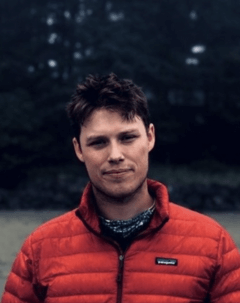
Pat Nicoll
Clinical Psychology
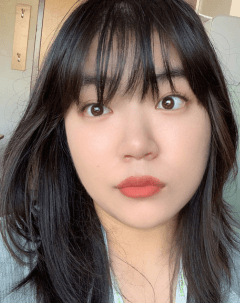
Kimberly Ning
Social Psychology
I love the study of Psychology as a whole and have a multitude of research interests, but my focus tends to fall into the realm of minority-status group processes. As such, I am highly invested in the topics of intersectionality and discrimination, as well as immigration and acculturation. Currently, I am researching the intersection between queerness and ethnicity and hope to eventually expand my research towards examining the queer migrant experience.
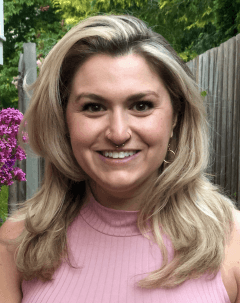
Lauren Qualls
Clinical Psychology
I am a graduate student in the Clinical Neuropsychology program at UVic. I eagerly joined SMART Lab in Fall of 2018. Broadly, my research interests concern affective processing and emotional regulation (ER). In particular, I am interested in interoceptive abilities (IAs): the physiological detection of and psychological interpretation of feelings. The relationship between atypical IAs and psychopathology underlies much of my research pursuits. In this realm, I hold an analogous interest in understanding how these abilities are mediated and/or moderated by emotional awareness (e.g., alexithymia) and meta-emotion (i.e., how you feel about your experience of feelings). Within SMARTLab, I am examining embodiment, ER, and emotional experience through experience sampling methods via an app.
As an extension of these interests, I hope to develop an understanding of the ways in which IAs can be improved through nonpharmacological techniques. Prior to starting at UVic, my Master’s thesis examined the role of vasoconstriction in IAs (using both physiological [heartbeat detection] and psychological [self-report survey] assessments of feeling). I completed both my Master’s degree and Honors Bachelor’s degree at Middle Tennessee State University.

Christina Robillard
Clinical Psychology
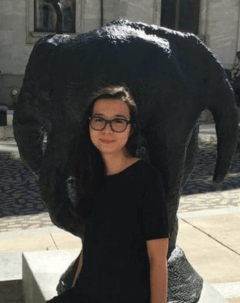
Nazanin Saadat
Clinical Psychology
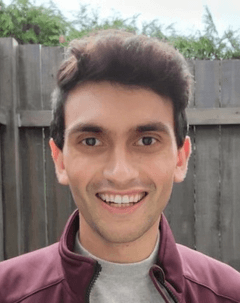
Morgan Schaeffer
Clinical Psychology
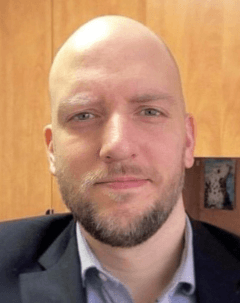
John Sheehan
Individualized Program
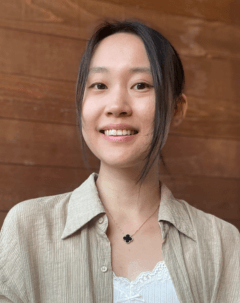
Alice Shen
Clinical Psychology
Alice is a graduate student in the Lifespan stream of the Clinical Psychology program at UVic. Alice completed her Bachelor of Arts with an Honours Specialization in Psychology at Western University and worked as a Research Coordinator for an addictions medicine project at Fraser Health Authority. Her research interest involves biopsychosocial risk and protective factors underlying risky behaviours such as substance use and behavioural addictions, disordered eating, and non-suicidal self-injury. She is also interested in exploring how adult ADHD influences risky behaviours through factors such as emotion regulation, impulse control, and distress tolerance.
Alice plans on taking a transdiagnostic and mixed-method approach to identify qualitative contextual gaps in the current literature and give a voice to people who are often overlooked in research and clinical settings. Her goal in research is to help implement effective primary prevention interventions that promote knowledge and skill-building to bolster resilience against common mental health issues.
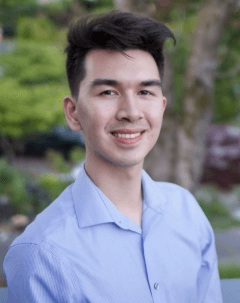
Emmett Sihoe
Clinical Psychology
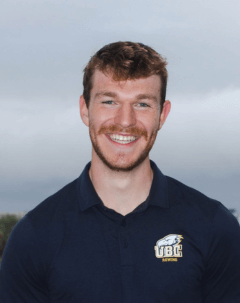
Quinn Storey
Clinical Psychology
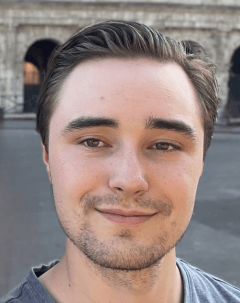
Kevin Styba-Nelson
Clinical Psychology
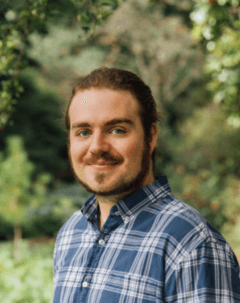
Peter Sugrue
Individualized Program
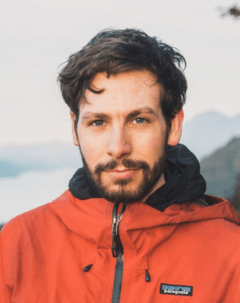
Andrew Switzer
Clinical Psychology
Andrew is a PhD student in the Clinical Psychology program (Lifespan specialization) at the University of Victoria. Before coming to UVic, Andrew completed a M.A. in psychology at Concordia University in Montreal, where he studied the role of heart-rate variability, a biomarker of self-regulatory capabilities, in parents’ ability to cope with stress associated with raising a young child. As a member of the Risky Behaviour Lab, Andrew is most interested in studying non-suicidal self-injury and suicide-related thoughts and behaviours.
Andrew is interested in applying novel methodologies (e.g., psychophysiology, wearables, EMA, etc.) to better understand when and why individuals engage in these behaviours, as well as identifying individual differences or contexts associated with higher risk. Andrew is also working on applying natural language processing techniques to text data collected from online peer-support forums for at-risk individuals, with the aim of identifying which thoughts, feelings, or themes are most commonly expressed in social support interactions online.

Imran Tatla
Social Psychology
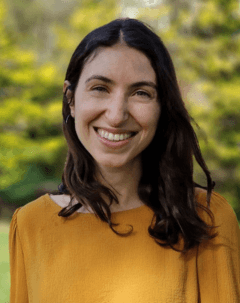
Debra Torok
Clinical Psychology
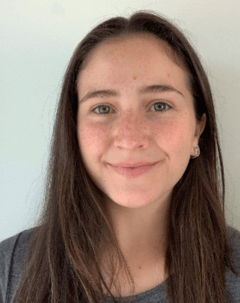
Baeleigh VanderZwagg
Clinical Psychology
My research and clinical interests are within the area of neurorehabilitation. My research has focused on studying novel methods for the management and treatment of traumatic brain injury, with an emphasis on psychedelics. My master's thesis focused on examining the attitudes of the sports community regarding the use of psychedelics, specifically psilocybin, for concussion recovery and management of persisting concussion symptoms.
This study described overall interest and willingness from the sports community to consider the use of psilocybin for managing concussion symptoms and persisting symptoms, while also identifying current concerns from the sports community such as long-term effects. My dissertation will focus on studying naturalistic psychedelic use among TBI survivors globally with the intent of evaluating patterns of use among a large and diverse sample and highlighting self-reported outcomes and experiences.
- Area(s) of expertise:
- Clinical psychology
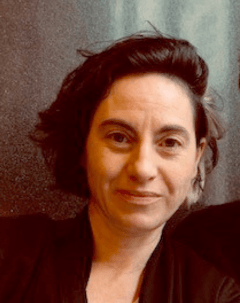
Stacey Voll
Lifespan Health and Development
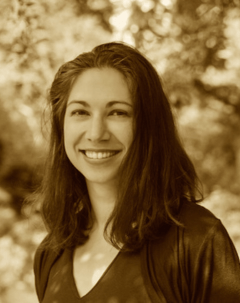
Liz Williams
Individualized Program
I helped establish the Psychology Graduate Student Council (PGSC) at UVic, and served as co-president for our inaugural 2 years. During that time I also worked for 2 years as the Teaching Assistant Consultant in the psychology department, training and mentoring TAs. I served as faculty support for online teaching and pedagogy and hosted monthly teaching seminars. I have taught hundreds of students across multiple Canadian universities, and mentored college and graduate students, supporting them in the successful completion of programs, theses, and dissertations.
My teaching and research are informed by my professional and community experience in public health, business, non-profit, and academic settings. As an experienced interdisciplinary research professional, I specialize in social-environmental topics, mental health, outdoor retail and recreation, and applied sustainability management.
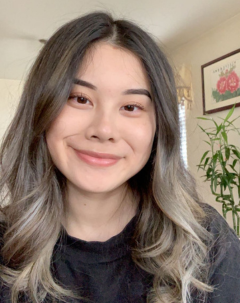
Sammi Wong
Social Psychology
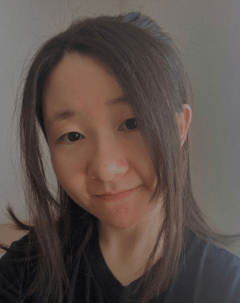
Chenxi Wu
Social Psychology
My curiosity in this area stems from the rich tapestry of portrayals of robots and AI in popular culture, ranging from the endearing companionship depicted in films like “Her” (2012) and the classic manga “Astro Boy,” to the ominous and menacing representations seen in works like “Terminator” and “M3GAN” (2022). Beyond exploring the nuances of technological motivation, I’m also intrigued by the potential cultural variations in perceptions of humanoids and social chatbots. I’m particularly interested in investigating how these differences in perception may impact individuals’ interactions and experiences with technology.
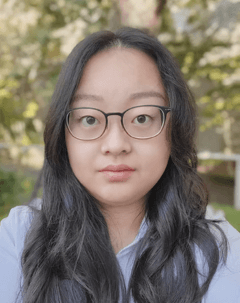
Yanxin Xu
Cognition and Brain Sciences
